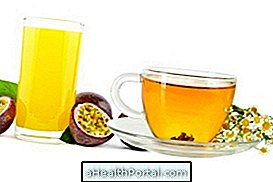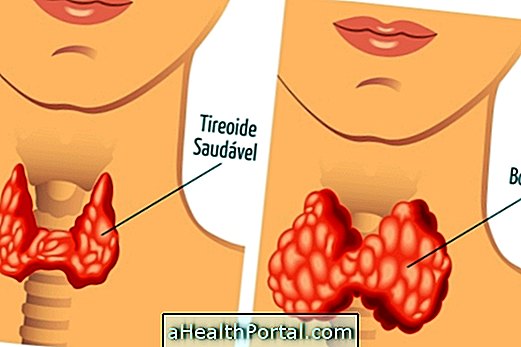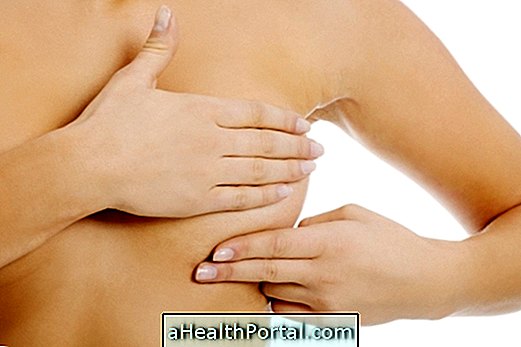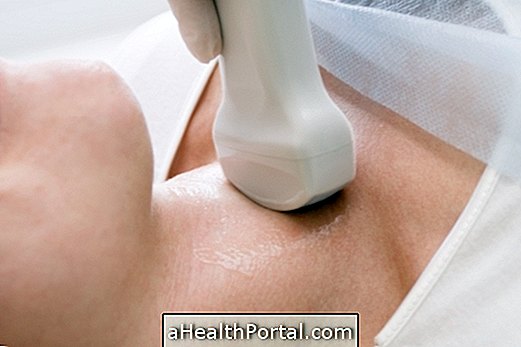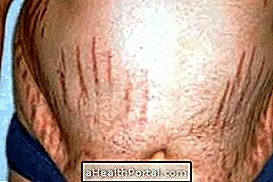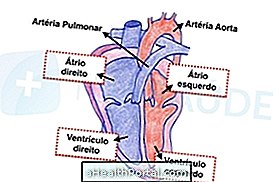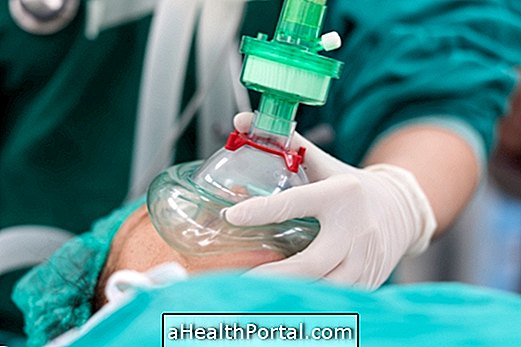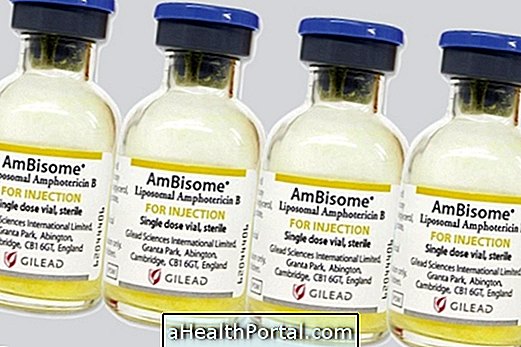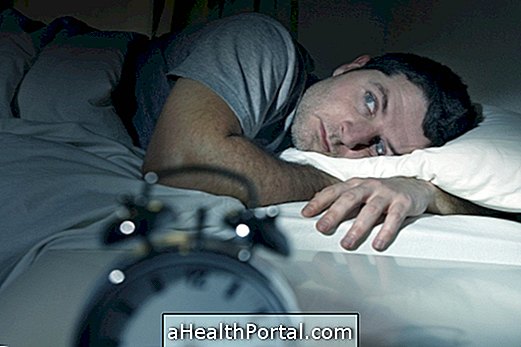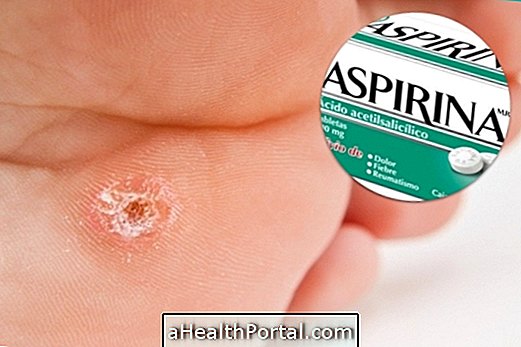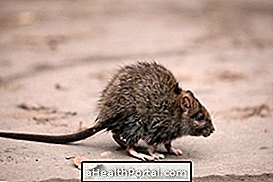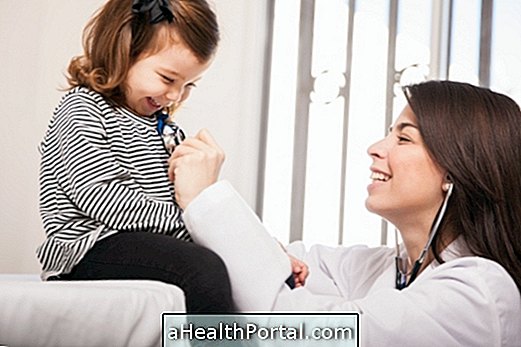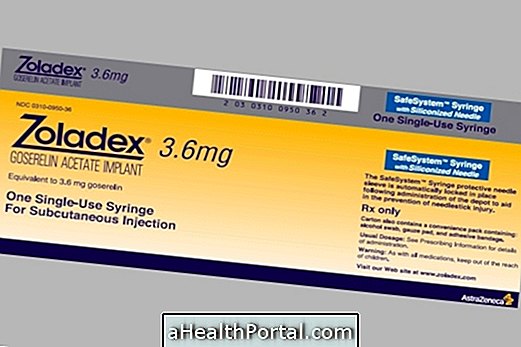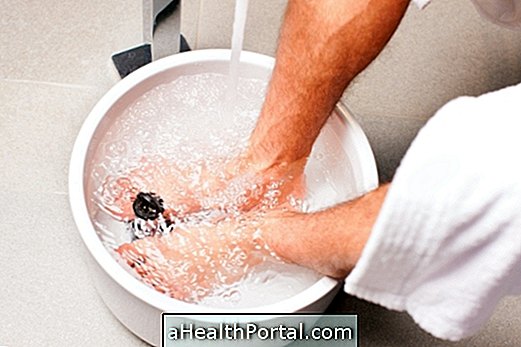To know if it is PMS or stress, it is important to observe at what stage of the menstrual cycle the woman is. The symptoms of PMS occur within 2 weeks before menstruation, may become more intense, but do not appear in the woman taking contraceptive.
Already stress is constant, and is more associated with situations that cause anxiety, such as excessive work, loss of a job or low self-esteem.

How to differentiate between PMS and stress
PMS and stress can occur at any age, and in addition, can worsen each other, making the woman more and more anxious and irritable. To know how to identify, the woman should be aware of some differences, such as:
| Differences | TPM | Stress |
| Period | Symptoms appear 14 days earlier and worsen as you approach menstruation. | Symptoms constant and present on most days. |
| What makes it worse | Period of the adolescence and near the menopause. | Situations of anxiety and worry. |
| Physical Symptoms | - Painful breasts; - Swelling; - Muscle cramps; Pain in the uterus - Desire for food risks in sugar; - Severe headache, usually migraine. | - Tiredness; - Muscle tension, especially in the shoulders and back; - Sweat; - Tremors; - Constant headache, worse at the end of the day. |
| Emotional Symptoms | - Frequent mood swings; - Melancholy and easy crying; - Somnolence; - Irritability and explosive reactions. | - Difficulty concentrating; - Restlessness; - Insomnia; - Impatience and aggression. |
To help identify these differences, a tip is to note what you feel in a notebook with the dates and the menstrual period. In this way, it is possible to observe the most frequent symptoms, and to differentiate if they are constant symptoms or that appear before the menstruation.
In addition, because these two situations may exist together, and the symptoms may be confused, it is important to consult with a general practitioner, gynecologist or psychiatrist, who will help identify the problem, according to the medical history and symptoms presented .
How To Treat PMS and Stress Symptoms
To decrease the chances of triggering PMS symptoms and relieve stress, it is advised to invest in daily moments of joy and relaxation. It can be a healthy and fun conversation with a friend, a meditation class, watching a comedy or doing any other activity that gives pleasure.
When the symptoms are very intense, remedies prescribed by the doctor can aid in relief such as antidepressants and anxiolytics. Natural ways to prevent and treat these symptoms are to practice physical activity as it helps to relax, relieve tension and decrease physical symptoms, and the use of natural tranquilizers, through capsules or teas, such as chamomile or valerian. Check out other forms of natural treatments.
See the following video on how to reduce anxiety and stress through food:

